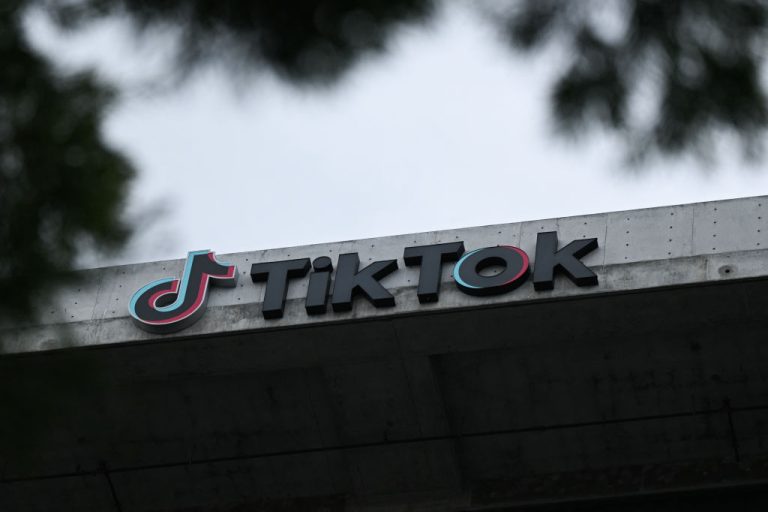State-level governments in the United States have placed tracking pixels from ByteDance, the parent company of Chinese Communist Party social influencing video platform TikTok, on their websites, a new investigation reveals.
The discovery was made by Toronto-based web security firm Feroot Security and broadcasted to establishment media outlets such as The Wall Street Journal earlier in the month.
Feroot found that 27 state government websites in the United States had placed ByteDance tracking pixels on their websites.
WSJ says the trackers are employed by web administrators and marketing analysts to “help measure the effectiveness of advertising they have purchased on TikTok,” but warn that the result is that “U.S. state governments around the country are inadvertently participating in a data-collection effort for a foreign-owned company.”
Tracking pixels “help government agencies determine how many people saw an ad on the social-media app and took some action—such as visiting a website or signing up for a service,” the Journal said, but also noted that using them provide TikTok, a notorious collector of user data, including biometric data, another vector for amassing information on the American population.
MORE ON SOCIAL MEDIA AND WEB ADVERTISING
- TikTok May Be Grooming Young Girls to Develop Tics, Tourettes
- Instagram Use Is Harming the Mental Health of Young Girls, and Facebook Knows It: Report
- Social Media Grooms Youth to Make Impulse Purchases, Worry About Money: Survey
- DOJ Puts Google Stranglehold on Web Advertising in Its Crosshairs
Success
You are now signed up for our newsletter
Success
Check your email to complete sign up
Feroot Security CEO Ivan Tsarynny told the Journal, however, that the tracking pixels go far beyond serving as TikTok’s version of Google Analytics.
The pixels “can be watching and recording you when you’re renewing your driver’s license, paying your taxes or filling out doctors’ forms,” he said.
A TikTok spokesperson told WSJ that the excess collection Tsarynny described was simply used to enhance the effectiveness of their advertising platform.
Reporting by Fox News on the topic on March 19 pointed out that because ByteDance is a company that operates under the restrictions of the Chinese Communist Party’s regulations, it is “required to turn over any data and information they collect to the Chinese government at a moment’s notice”
The Journal also stated it was able to independently replicate some of Feroot’s findings, which initially scanned 3,500 corporations and government websites, successfully “identifying a TikTok tracking pixel in the code of a Maryland Department of Health Covid website and a Utah government website aimed at helping job seekers.”
Both Utah and Maryland banned TikTok from government devices in recent months, The Journal stated, adding that both states removed the tracking pixels from their websites after being contacted for comment.
The Maryland Department of Health told the outlet that the pixel was installed to operate in harmony with an August of 2022 advertising campaign, and was paraphrased as stating they were “investigating why it remained on the website after that campaign ended.”
March 16 reporting on the tracking pixels by ABC News on March 16 revealed the contents of the report also found that “webpages associated with everything from airlines and e-commerce sites to technology companies” were riddled with ByteDance’s monitoring software.
ABC also stated that Feroot’s report argued that “TikTok’s pixels” have a significant security risk in that they also “collect those names, passwords and authentication codes along with other data.”
“The pixels transfer the data to locations around the globe, including China and Russia, often before users have a chance to accept cookies or otherwise grant consent, the Feroot report said,” ABC stated.
But Feroot found more than just TikTok tracking pixels on government websites. The company also found that public-facing U.S. government domains contained the pixels from other CCP-connected companies, notably Weibo, Alibaba, and Tencent.
The report comes just days after corporate accountability group Eko published findings that the TikTok app was pushing content encouraging suicide and accounts advertising hard drugs for sale on Telegram via international shipping to users with ages as low as 13-year-old.















